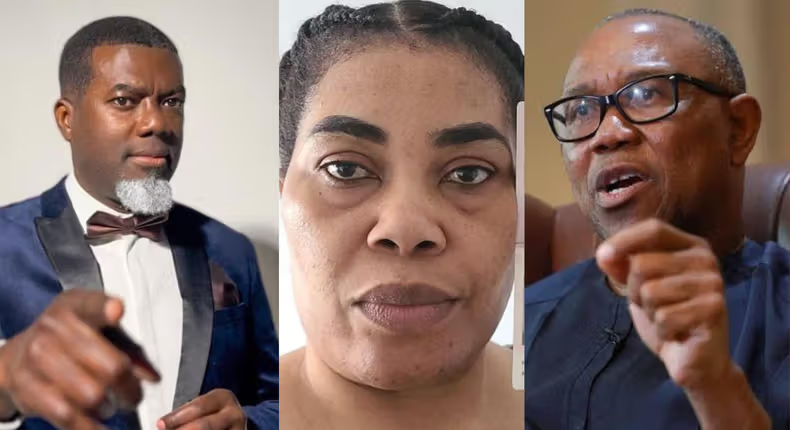For Shepherd Machaya, just getting a place in college meant everything.
“I don’t want to lie to you, I started crying,” says Machaya, originally from Zimbabwe, when he recalls the moment he secured a place to study at DCU. “And it was my birthday!”
As an asylum seeker, he faced greater challenges than most. He had to share a bedroom at the direct provision centre where he lived, which didn’t make studying easy and he had limited access to laptops or transport. A far bigger obstacle lay ahead.
“I was given five days to leave the country,” recalls Shepherd of the day he received a deportation order from the Department of Justice.
Not knowing what to do, he called DCU chaplain Philip McKinley for advice. “I said to Philip, look I have a problem here. I might not see you again.”
University staff and students quickly rowed in behind him, describing Shepherd as a “model citizen”. DCU Students’ Union, led by then president Vito Moloney, helped lead a “Save Our Shepherd” campaign, which included petitions and protests outside the Department of Justice. The university also organised legal representation. Just before the deadline, his deportation was put on hold.
“It’s something that I will never forget,” says Shepherd.
That was in 2018, but it wasn’t until 2021 that he received confirmation of his “permission to remain” in Ireland.
He graduated from DCU this week, achieving a 2/1 honours degree in management of information technology/information systems.
“I told myself, I’m not going to give up,” he says.
Now living in Dublin, he says the degree has given him opportunities to work in the IT field with companies such as Cobalt, and he has ambitions to gain new professional experience in areas like cybersecurity.
For Shepherd, it’s the friendships and connections forged during his college experience that stand out.
“This university took me in its arms like a mother takes care of a child,” he says. “They took me and they said, we are family.”
Machaya obtained a place at DCU under its “university of sanctuary” programme, an initiative which focuses on enabling access to higher education through scholarships and supports such as stipends and laptops.
DCU, which was the first Irish university to receive this designation in December 2016, has since been joined by seven other universities across the State which offer similar supports.
Olufunke Ollarinoye is another university of sanctuary student who graduated this week, also with a degree in management of information technology / information systems.
She said her college experience was the key to escaping “a very dark place” following the death of her daughter.
Temitope was just six years old when she died in Temple Street Children’s Hospital following a four-year illness.
Olufunke and her family, originally from Nigeria, were living in the Baleskin Reception Centre in Finglas at the time.
During the years of her daughter’s illness, much of Olufunke’s time was dedicated to being at her daughter’s bedside in the hospital.
“That was the life I knew,” she says.
Olufunke says she didn’t realise quite how serious her daughter’s condition was until very near the end. “It just happened so fast, and she just died suddenly.”
In the years that followed, Olufunke says it was hard to cope with the grief.
At one stage, a counsellor suggested taking on a new challenge to help to fill the void. It was some time later when she learned about the university of sanctuary scholarships. She jumped at the chance. “I was like, okay, this is it!”
She learning coding and says her background in accountancy and her maths skills gave her an edge.
While completing the programme part-time, Olufunke secured a job with Irish Life. The role is in the financial sector rather than IT, but she says her degree gave her transferable skills which are helping her to advance.
“I’ve been doing my professional [accountancy] exams and I’ve just been passing all of them because I’m using the skills that I learned in DCU. I’m transferring them back to my professional exams, and I’ve been scoring good grades,” she says.
After she began studying for her degree, Olufunke was granted residency status and moved out of the direct provision system.
She volunteers as a youth and charity officer at the Prince of Peace Charity. It involves visits to residents in the Mosney Direct Provision Centre where she promotes the scholarship programme to the residents.
“DCU helped me put my life in a different perspective,” she says.
Source: IrishTimes













http://prednisone.bid/# prednisone tablets canada
You have observed very interesting details! ps nice site. “If I were two-faced, would I be wearing this one” by Abraham Lincoln.
A person necessarily assist to make severely articles I would state. This is the first time I frequented your web page and thus far? I surprised with the analysis you made to create this actual publish incredible. Great process!